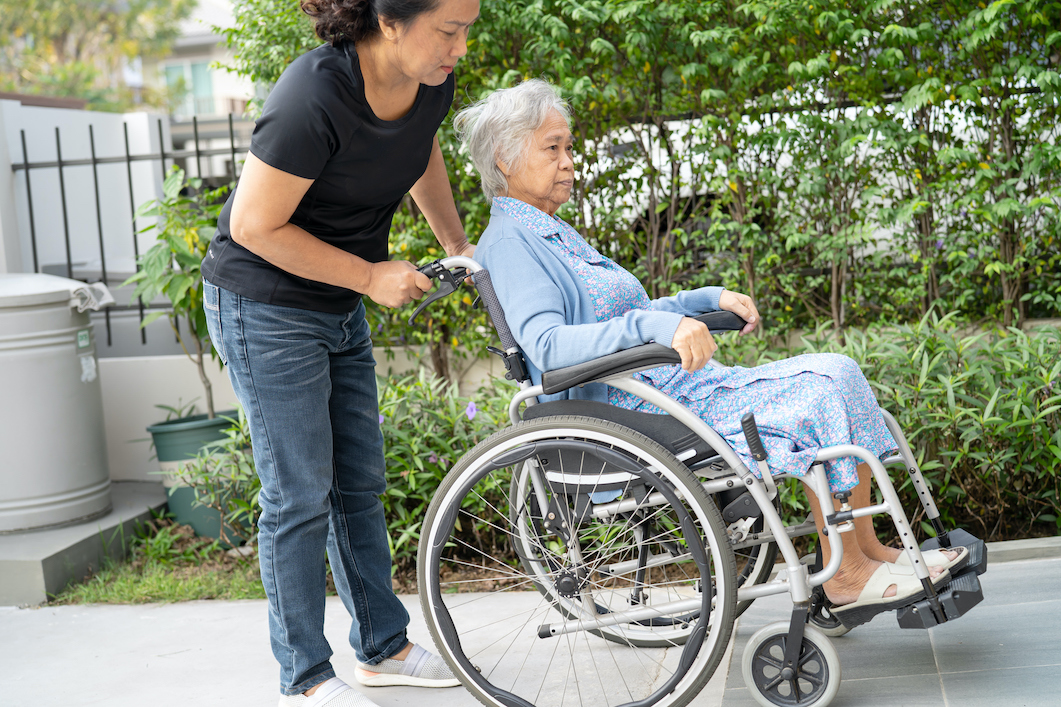
Navigating Medicare Benefits and End-of-Life Care for Elderly Loved Ones.
Caring for an elderly loved one is a complex task that requires understanding Medicare benefits, knowing how to access assistance, and being prepared for medical and end-of-life care. Here’s a guide to help caregivers navigate these responsibilities:
1. Authorization and Access to Medicare Information
- Authorization: Obtain legal authority, such as Power of Attorney (POA), to speak with Medicare on behalf of the patient. You can also complete the “Authorization to Disclose Personal Health Information” form to allow Medicare to share information with you.
- Online Access: Set up or manage the patient’s Medicare account online. You’ll need to have their Medicare number and other personal information. If you have POA, you may be able to set up this account for them.
- Understanding Medicare’s Rules and Coverage: Familiarize yourself with Medicare Parts A, B, C, and D, and understand what each part covers. Be aware of yearly changes in costs, coverages, and rules.
2. Preventive Care and Chronic Condition Management
- Preventive Care: Learn about Medicare’s covered preventive services, like annual wellness visits, screenings, and vaccinations. Regular preventive care can help catch potential health issues early.
- Chronic Condition Management: Medicare offers programs for chronic conditions like diabetes, cardiovascular disease, and end-stage renal disease (ESRD). For example, Medicare Part B covers diabetes self-management training, medical nutrition therapy, and more. Part D can help with prescription drugs for chronic conditions.
3. Assistance Programs
- Help with Costs: Explore programs like Medicare Savings Programs (MSPs), Extra Help (for Part D costs), Medicaid, and state-specific assistance programs to reduce out-of-pocket costs. Each program has different eligibility criteria, so it’s important to check what applies.
- Training for Medical Tasks: Many local organizations, hospitals, and home health agencies offer training for caregivers on administering injections, insulin, wound care, and other medical tasks. Check with your state’s health department or local Area Agency on Aging for training opportunities.
4. Appealing Medicare Decisions
- Appealing Denials: If Medicare denies coverage or a claim, you have the right to appeal. Understand the appeal process, including the five levels of appeal. Be prepared to provide documentation and evidence to support your case. Resources like Medicare.gov or a local SHIP (State Health Insurance Assistance Program) counselor can guide you through this process.
5. End-of-Life Care
- Hospice Care: Medicare covers hospice care for terminally ill patients, including services at home, in an inpatient hospice facility, or in a nursing home. Hospice care focuses on comfort rather than curing illness and includes pain management, counseling, and respite care for caregivers.
- Preparation: Discuss end-of-life wishes with your loved one and their healthcare providers. Understand what hospice care involves, including eligibility criteria, the role of the hospice team, and the transition process from curative treatment to palliative care.
Additional Resources
- Medicare.gov: For comprehensive information on Medicare benefits, costs, and coverage.
- SHIP (State Health Insurance Assistance Program): Provides free, personalized counseling on Medicare and related topics.
- Local Area Agency on Aging: Can connect you with local services and support.
- National Institute on Aging: Offers resources for caregivers, including training and educational materials.
- Eldercare Locator: A public service of the U.S. Administration on Aging connecting you to services for older adults and their families.
By staying informed, utilizing available resources, and planning ahead, you can provide effective care for your elderly loved one while managing their Medicare benefits efficiently.
-Hoàng Cửu Nhật-
